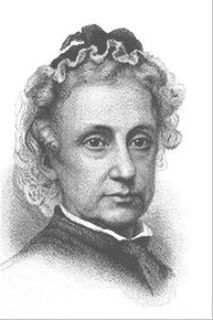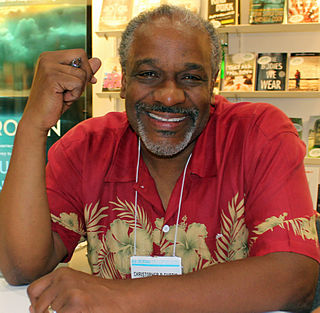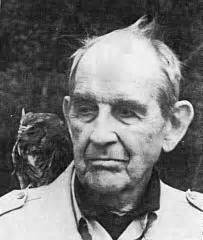A Quote by E. B. White
In dialogue, make sure that your attributives do not awkwardly interrupt a spoken sentence. Place them where the breath would come naturally in speech-that is, where the speaker would pause for emphasis, or take a breath. The best test for locating an attributive is to speak the sentence aloud.
Related Quotes
To anyone who has followed the practice of using profanity or vulgarity and would like to correct the habit, could I offer this suggestion? First, make the commitment to erase such words from your vocabulary. Next, if you slip and say a swear word or a substitute word, mentally reconstruct the sentence without the vulgarity or substitute word and repeat the new sentence aloud. Eventually you will develop a non-vulgar speech habit.
Writing is linear and sequential; Sentence B must follow Sentence A, and Sentence C must follow Sentence B, and eventually you get to Sentence Z. The hard part of writing isn't the writing; it's the thinking. You can solve most of your writing problems if you stop after every sentence and ask: What does the reader need to know next?
If you could once make up your mind never to undertake more work ... than you can carry on calmly, quietly, without hurry or flurry ... and if the instant you feel yourself growing nervous and ... out of breath, you would stop and take a breath, you would find this simple common-sense rule doing for you what no prayers or tears could ever accomplish.
Our breath is the most precious substance in our lives, and yet we totally take for granted when we exhale that our next breath will be there. If we did not take another breath, we would not last 3 minutes. Now if the Power that created us has given us enough breath to last for as long as we shall live, can we not trust that everything else we need will also be supplied?
But sometimes when I was starting a new story and I could not get it going, I would sit in front of the fire and squeeze the peel of the little oranges into the edge of the flame and watch the sputter of blue that they made. I would stand and look out over the roofs of Paris and think, 'Do not worry. You have always written before and you will write now. All you have to do is write one true sentence. Write the truest sentence that you know.' So finally I would write one true sentence, and then go on from there.
Native speakers of a language know intuitively whether a sentence is grammatical or not. They usually cannot specify exactly what is wrong, and very possibly they make the same mistakes in their own speech, but they know-unconsciously, not as a set of rules they learned in school-when a sentence is incorrect.






































